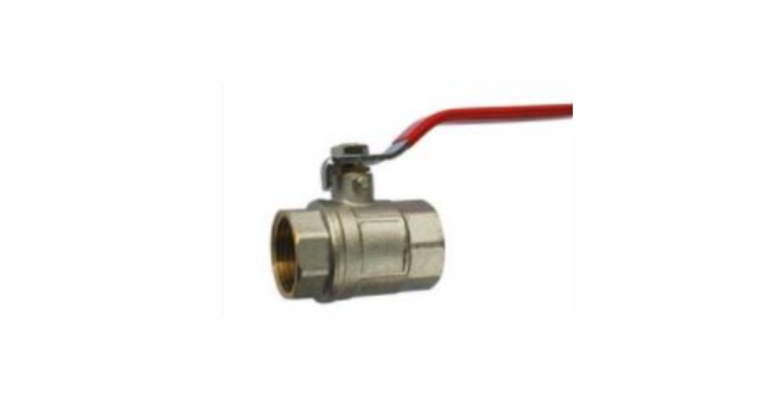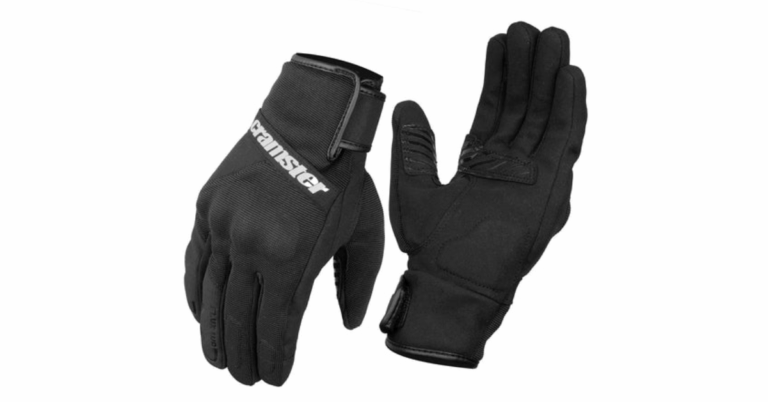The Complete Guide to Sell Car in Singapore: What Every Car Owner Should Know
Singapore, known for its modern infrastructure and efficient transportation systems, has a highly regulated automobile market. For those planning to Sell Car in Singapore the process can appear daunting due to stringent government regulations, fluctuating COE (Certificate of Entitlement) values, and a competitive second-hand market. However, with the right knowledge and preparation, selling a car can be smooth and even profitable. This article will walk you through everything you need to know to navigate the car selling journey with confidence in Singapore.
Understanding the Singapore Car Market
Before jumping into the sale process, it’s important to understand the unique landscape of the Singapore automotive market. Cars in Singapore are significantly more expensive than in most countries due to government-imposed taxes and fees designed to control vehicle population. This makes used cars a popular choice for many buyers, creating a vibrant second-hand car market.
However, factors like COE balance, mileage, vehicle condition, brand reputation, and even the car’s color can influence resale value. Timing is also crucial; for instance, selling a car before its COE expires often yields a higher price.
Step-by-Step Process to Sell Your Car
1. Evaluate Your Car’s Market Value
The first step in selling your car is determining its current market value. You can do this by checking listings of similar models online, using car valuation tools, or consulting with car dealerships and consignment agents. Accurate valuation helps set realistic price expectations and prevents underselling your vehicle.
2. Prepare the Car for Sale
Presentation plays a major role in influencing a buyer’s decision. A clean, well-maintained car creates a strong first impression. Ensure the car is professionally cleaned, inside and out, and that any minor repairs (like scratches or dents) are addressed. A car that looks and drives well will naturally command a better price.
3. Gather Required Documents
Before listing your car for sale, make sure you have the following documents:
-
Vehicle log card (also known as the registration certificate)
-
Road tax receipts
-
Valid insurance certificate
-
Car service history
-
Loan settlement letter (if your car is under financing)
Having all paperwork ready will expedite the transaction and demonstrate your credibility to potential buyers.
4. Choose the Right Selling Method
There are several ways to sell car in Singapore, each with its own pros and cons:
-
Direct Sale to Private Buyer: Usually yields the best price but requires more time and effort.
-
Car Dealer or Parallel Importer: Offers convenience, though the offer may be slightly lower.
-
Consignment Agent: The agent helps you sell the car while it’s still in your possession, for a small commission.
-
Scrap or Export: Best suited for older cars nearing the end of their COE lifespan.
COE and Its Impact on Car Sales
In Singapore, the COE can significantly affect your selling price. Cars with a longer COE balance generally attract higher offers. If your car’s COE is expiring soon, you might need to decide whether to renew it or sell the vehicle off for scrap/export.
Owners who have recently renewed the COE for another 5 or 10 years may find it more difficult to sell the car privately, as not all buyers are willing to pay the premium that comes with a renewed COE. In such cases, consignment or trade-in options might be more suitable.
Common Mistakes to Avoid
1. Overpricing Your Car
While you may have emotional attachment to your car, overpricing it can deter buyers. Rely on data, market listings, and objective appraisals when setting a selling price.
2. Neglecting Maintenance Records
Buyers often ask for service records to assess how well the vehicle has been maintained. Not having these records can cast doubt on the car’s condition and reduce its perceived value.
3. Failing to Settle Outstanding Loans
If your car is still under financing, ensure that the loan is settled before the sale is completed. Most buyers will not be willing to take over an encumbered vehicle.
4. Rushing the Process
Selling a car can take time. Rushing may result in accepting a lowball offer or missing critical paperwork. It’s always better to be patient and prepared.
Why Use a Professional Platform?
Using a trusted platform that specializes in helping people sell car in Singapore can save you time and reduce stress. These platforms often offer services such as:
-
Free car valuation
-
Listing your car to a wide network of potential buyers
-
Handling paperwork and inspections
-
Arranging test drives and buyer negotiations
In a market where regulation and competition are high, having experts by your side ensures a smoother, faster, and more profitable transaction.
Tips to Maximize Your Car’s Value
To get the best price when selling your car in Singapore, keep these tips in mind:
-
Service the car regularly: A well-maintained car with full service records builds trust.
-
Sell before COE expires: Cars with a healthy COE balance attract higher offers.
-
Offer transparency: Be honest about any damages or repairs.
-
Stage the car: Clean and present it like you would a house for viewing.
-
Know your buyer: Understand who you’re selling to—a private buyer may negotiate differently from a dealer.
Conclusion
To sell car in Singapore efficiently and profitably, it’s essential to understand the market, prepare your car properly, and choose the most suitable selling channel. From evaluating your vehicle and understanding COE implications to avoiding common mistakes and leveraging professional services, each step contributes to a smoother transaction.
Whether you’re upgrading to a new vehicle, relocating overseas, or simply choosing to go car-free, selling your car doesn’t have to be stressful. With the right knowledge and approach, you’ll be able to turn your used car into a valuable asset in the dynamic Singapore auto market.
Remember: research, presentation, and preparation are your best tools when entering the car-selling journey in Singapore.







